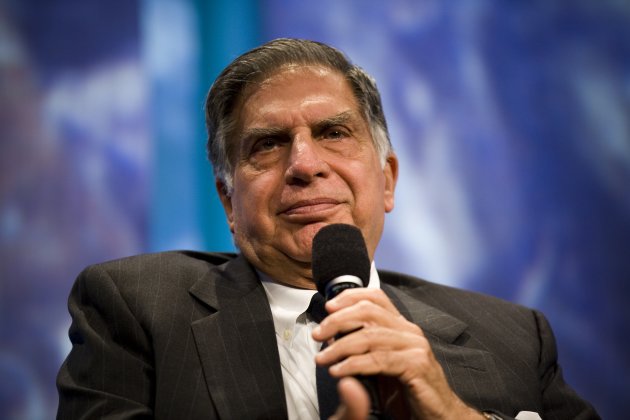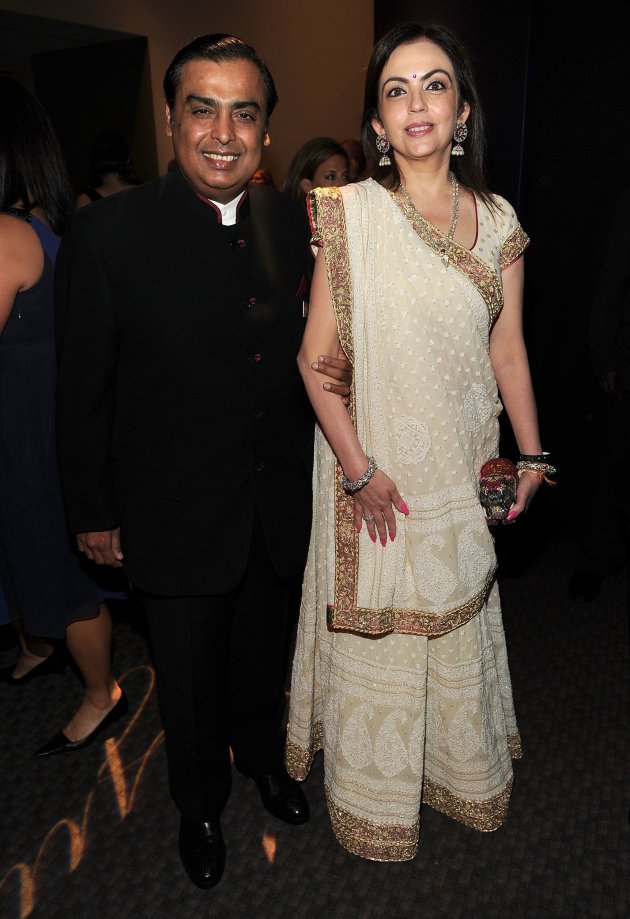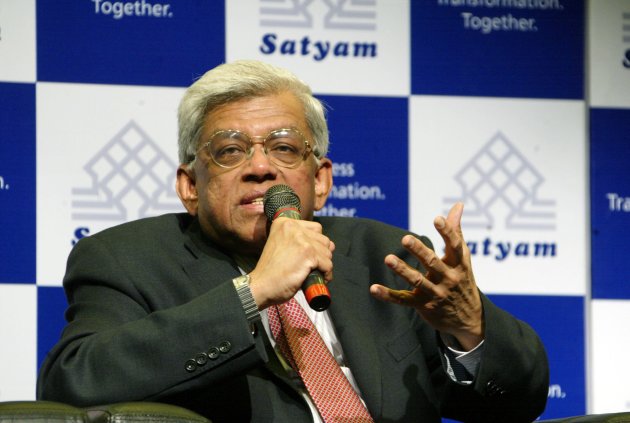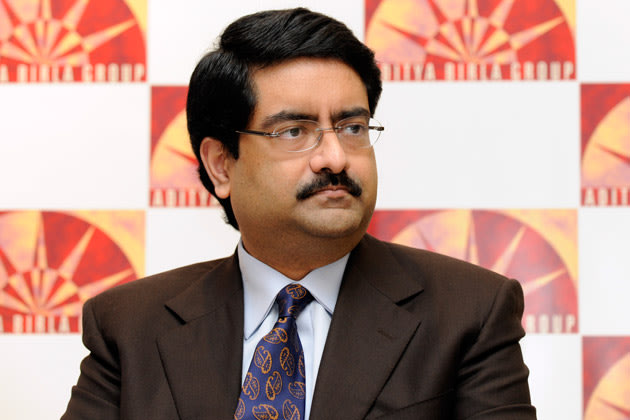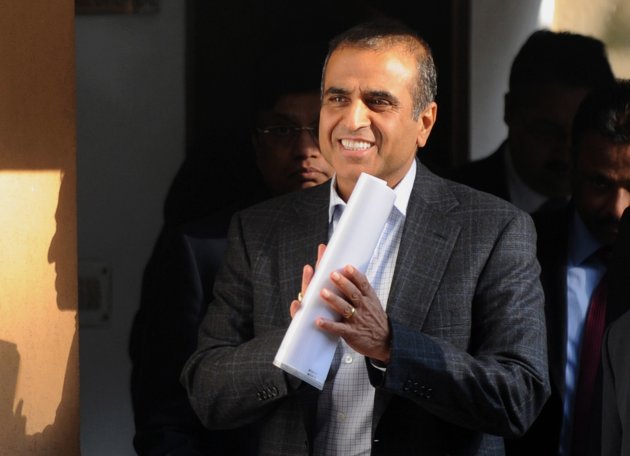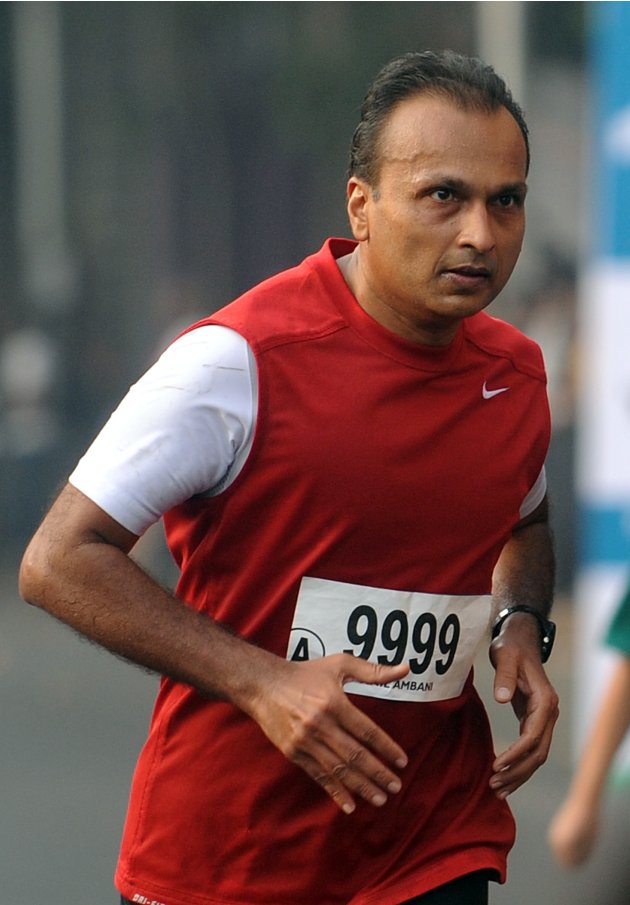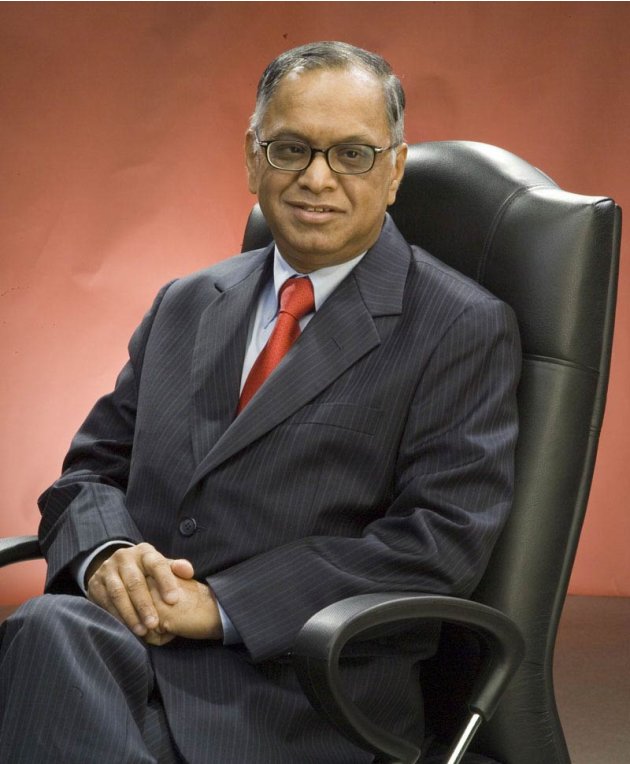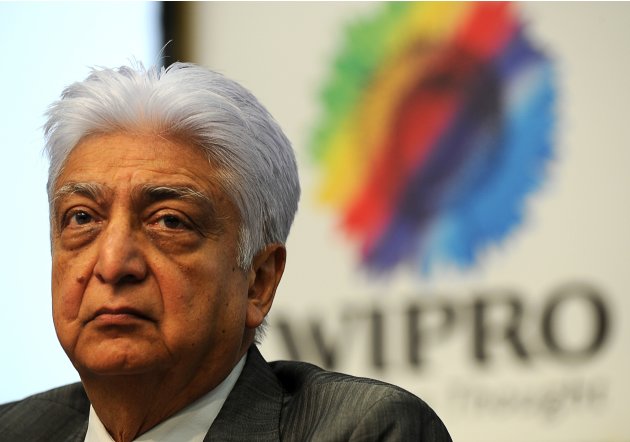Basic books:
- All India Pevious years' solved papers by Mudit Khanna
- AIIMS solved papers by Amit and Ashish
- Tehalaka by Dr. Rajesh Prasad (it contains solved mcqs of anatomy, physiology, biochemistry and forensic medicine)...Must read book according to me
- Sure Success By Ramgopal
- Chauthary For PGI (not that useful for all india)
For each subject, you have to do the previous years' questions(AIIMS and All India), corresponding theory book and Ramgopal sure success.
I also recommend you to take a small notebook and start taking notes of difficult to remember points, some important flow charts and tables. These come really handy for last day revision before the exam. You have to make sure that you don get too carried away with writing more and more as it will just waste your time and you may not be able to revise the whole things in one day before the exam. You can do it subjectwise (if u have the patience)...or you can just write the points randomly.
Anatomy:
This is the subject i never did all through my preparation! Indeed it seems too much for an effort to read through all volumes of chaurasiya and still not able to solve the mcqs.
Recommended Books: Chaurasiya (all 3 volumes), Sure success by Ramgopal(big book), Tehalaka by Dr. Rajesh Prasad(for mcqs)
if u ae short on time, i would suggest to read the anatomy pages from ramgopal's book and do mcqs from tehalaka...this way you should be able to answer more than half the questions from anatomy, which according to my opinion is quite good. you should concentrate on nerve injuries, nerve entrapment syndromes, muscles nerve supply and actions(especially upper limb), various type of joints(asked many times!), various fossa and there contents and cranial nerves. anyway one should not be spending too much of time on anatomy as itsa low yielding subject.
Physiology:
Recommended books: Ganong (very good book), Guyton (only for referance), Tehalaka.
Here tehalaka comes in very handy. if you read all the mcqs with explaination from this, you would be able to solve majority of the common questions from physiology. supplement it with ganong with selected reading with special emphasis on general physiology topics
Biochemistry:
Recommonded books: Harper, Tehalaka, lippincott (as an alternative)
lot of people will say that lippincott is very good, but i never found it that good. I would recommend reading Harper. The newer editions of Harper have been progressively trimmed, so it should not take more that 10 days to read on the first go. Topics that should be stressed are genetics(obviously!), chapters at the beginning(like enzymes, amino acids and some general chapters), regarding metabolism, it would certainly help, if you take notes of some important points on a note book for quick revision before exam. It will certainly help.. Tehalaka is nice for revising the facts quickly
Forensic Medicine:
Recommended books: Pareikh, Tehalaka, forensic SARP
Here again Tehalaka comes in very handy. you can solve most of the mcqs from this book. Also forensic SARP is not bad at all for poisonings (especially do lead, mercuary, arsenic and others commonly asked). I would suggest you to make small notes of important features of common poisonings for quick revision later on. From Pareikh, do only selected reading. Always spend some time on ballistics...they need to be understood properly to solve the related mcqs.
Pathology:
Recommended books: Robbins(big)
This is the only book thats needed...and of course, i am not including harrison, because i persume that you keep it alongside for referance while doning any subject. This in my opinion is the most important subject(even more than medicine, surgery). If u have good grasp of pathology, it would certainly go a long way to improve your chances in PG exams. I recommend you to read this book thoroughly with more emphasis on blood, GIT, kidney and general pathology...things that you can probably skip or do selectively are: CNS, Musculoskeletal system and other chapters towards the end of the book. I you have read this book during your prof, it would certainly help.
Pharmacology:
Recommended books: Tripathi, Katzung (Referance), Goodman & Gilman (only for referance, not at all essential!), Tumors SARP
Agian this is a very important and productive subject. In tripathi, more stress should be on ANS and CVS. Tumors SARP is also quite good...just to be read selectively
Microbiology:
Recommended books: Ananthnarayan(very good book), jawetz(review), chatterjee(parsitology), SARP microbiology
Jawetz (review, not the text book) i recommend for reading the immunology part. it will help you understand the basics of immunology in a very easy manner. For rest, Ananthnarayan is good enough...special emphasis should be on general microbiology. Virology can be done selectively like doing common ones like hepatitis, rabies, AIDS, rota virus, polio and from parts you see the questions...never forget to do general virology. Bacteriology has be done thoroughly in my view. For mycology, ananthnarayan is good. you may also look at SARP for mycology. For parasitology, although chatterjee is the recommended book but it consumes much of time..i would suggest just reading it from jawetz and doing mcqs. that should be enough for only 1-2 quesions are asked from parasitology.
SPM:
Recommended books: Park (what else!), High yield biostats by tyagi or Mahajan
SPM is the subject thats often said to decide matters. If prepared properly, it can be quite scoring subject as well ...as hardly anything is asked outside Park. Important topics are first 116 (or something like that) pages. I mean up to the chapter about screening. Learn all the concepts properly. this will help you solve more than half the mcqs of SPM. Diseases should be done selectively. Do the more important diseases like tuberculosis, polio, leprosy, rabies, AIDS, syphilis, respiratory infections, rickettsial diseases, dengue, yellow fever(who cares it doesn’t occur in India!), diptheria and as you see the questions. From the remaining chapters, you should do environment and health chapter, contraceptives, health and nutrition and disease control programmes, health goals and about the health workers and their population allocations....rest can be done selectively.
Biostats you can do from high yield biostats. Its quite good. and you can do it in just one day. Nowadays some questions may even be out of that book. Ypu can also do Mahajan for biostats. Its better but consumes more time
Eye:
Recommended books: Khurana, kaski (referance), parson(referance)
Khurana will do for most of the questions. for some really hard questions, kanski comes in handy . important topics are... Cataracts, ocular injuries, uveitis, corneal ulcer, refractive errors, tumors(retinoblastoma, melanoma), retinitis pigmentosa, optic atrophy, papiloedema, chalazion.
ENT:
Recommended books: Dhingra
Nothing much to say. Dhingra will do for most of the questions. read selectively. more impotant topics acoustic neuroma, facial nerve course and palsy, otosclerosis, CSOM and its complications, layrngeal polps, nodules and cancer, DNS, sinusitis, epistaxis, abscess in reation to pharynx, tonsils.
Paediatrics:
Recommended books: Ghai, Nelson(referance)
Sometimes questions seem to be set from nelson and ghai seems to be insufficient. while thats true, but thats not a reason to read nelson. you cant gain much by reading nelson(its too huge a book). rather reading some selected topics may be useful. In Ghai, more stress should be on nenatology part, also CVS in quite good. also dont forget metabolic diseases and genetic diseases. Use nelson for refreance purpose as and when required. If u can spare some time, try to read the kidney part..that is cysts, dysplasias and vesicoureteric reflux.
Gynae and Obs:
Recommended books: Shaw(Gynae) and Dutta(Obs.)
Both very good books. in gynae, more stress should be on oncology, endometriosis, menstural disorders, infertility, fibroids. In Obs., do all the tables and flow charts. that makes it very easy to understand and most of the questions can be solved quite easily. And dont forget chapter of population dynamics and birth control.
Surgery:
Recommended books: Bailey & Love, Sabiston pretest, Schwartz (reference)
Bailey has to be done selectively according to the topics from which mcqs appear. More stress should be on GIT and genitourinary system. Schwartz can be useful for referance especially in GIT
Medicine:
Recommended books: HARRISON or CMDT(depending upon what u have already read), Harrison pretest, Medicine self assessment guide by Amit Ashish
Both books are good. Do the one that you have read during your profs. If u read Davidson during profs, i would suggest to do important topics from CMDT and less important topics from Davidson. As for Harrison, if u have read during your profs, it would certainly give you an edge. Some high yielding topics in Harrison are: CVS, Kidney(especially glomerulonephritis, renal failure), acid base imbalance, Hematology, Genetics, Viral Hepatitis. Important thing is not to get lost in reading medicine alone. Its huge subject and will never finish. So do selectively. Keep more stress on previous years' papers and the topics asked there. Medicine self assessment guide by Amit Ashish come handy for reading selectively from Harrison in retrograde manner
Skin: Harrison, Sure Success Ramgopal, Roxberg (referance)
Harisson and previous years, mcqs will do for most of the questions. Do it from sure success(ramgopal) also. Roxberg has to be used for referance as and when needed.
Anaesthesia: Sure Success Ramgopal, Lee(referance), Yadav
Nothing much to say. Mainly concentrate on previous years, questions. Yadav is said to be very good. But personally I never read it.
Ortho: maheshwari
This is the only book you should do. even though these days some questions are asked which have referances from PG level books. You are not expected to answer that. Remember you don’t need to score 100%. A score of around 65% actually will give you a very good rank
Psychiatry: Sure Success Ramgopal, Ahuja, High yield psychiatry.
Concentrate on schezophrenia, mood disorders, substance abuse, sleep cycle and disorders, autistc disorder
Radiology : No books needed here in my opinion. Just do previous years, mcqs and also do from Sure Success Ramgopal.
Time to spend on each subject: It depends upon how strong(or weak) you are in a particular subject. also you have to spend less time on subjects from which less questions area asked. anyway, i will try to give a rough idea...
Anatomy-3days(will mainly do questions from Tehalka)
Physio- 5 days
Biochemistry-10days
Forensic- 2days
Patho- 30days
Pharma- 10days
Micro- 10days
Eye-7days
ENT- 5days
SPM- 20days
Gynae & Obs.- 20days
Medicine-30days
Surgery-20days
Paeds- 7 days
SARP- 5 days
Ortho- 5days
This roughly comes out to be a little more than 6months. You may take some more or some less time depending upon your level of preparation. Its very important not to get stuck at one subject for too long.
FAQS:
1) Should i join a coaching class?
It depends upon yourself. If u can sit and study urself., there is no reason to join any coaching classes. all what coaching classes do, is they help you to get oriented towards your study. It has some advantages but it has some disadvantages too....like tests they take are oten out of reality, course management is usually a mess and you have to follow there programme ion your study. So think and decide!
2) Where should i study?
Wherever you can concentrate without undue interferance. For me, at home.
3) How many hours should i study?
12hrs a day should be the goal. make sure dont let any day go by without studying atleast an hour. Most imporant is to keep maintaining the continuity
4) Should I study alone or in a group?
Its always said to be good to do group study. But it depends upon your nature. I have always studied alone. If u are studying alone, make sure that you keep track of aippg.com forums. it can also serve as an effective group and help you to get the focus right in difficult times.
NOTE :-
Regardless of what i write here, you must follow your own plan according to your strengths and weaknesses. Spend more time on the subjects in which you are weak. This is the key to success. You have to identify which subjects made you suffer during your profs or during your previous attempt(s). Its always a good idea to finish them first. You can follow any order in doing subjects as u like. Try to finish all subjects atleast 2-3 months before the main exam so that you can have adequate time to give the revisions.















